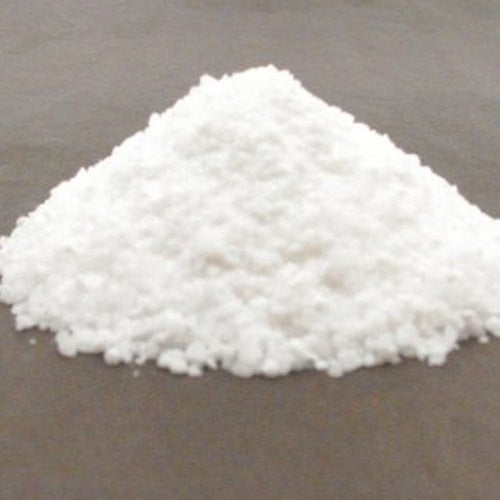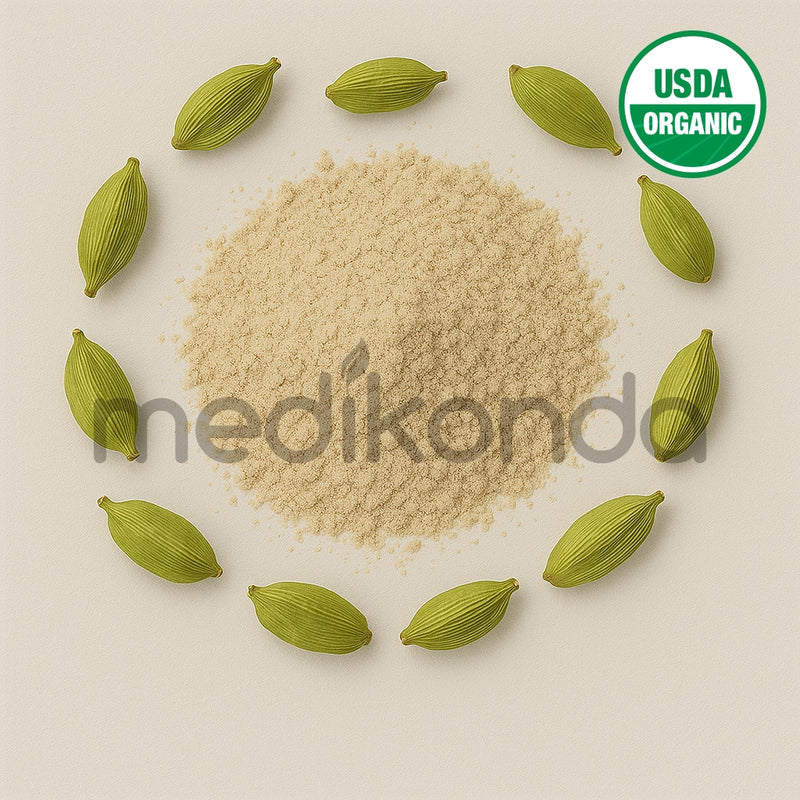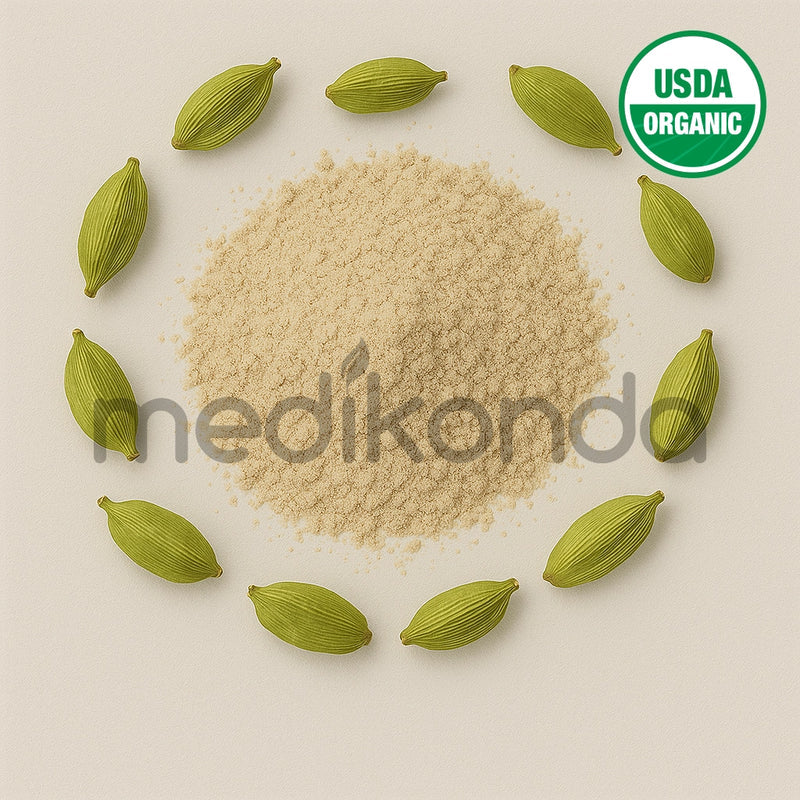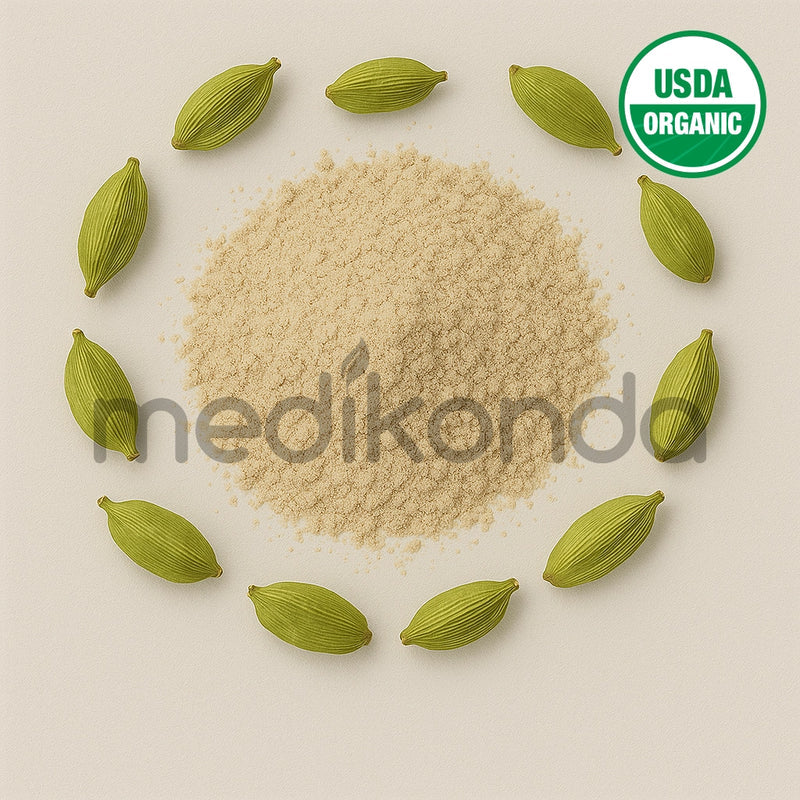Add description, images, menus and links to your mega menu
A column with no settings can be used as a spacer
Link to your collections, sales and even external links
Add up to five columns
Add description, images, menus and links to your mega menu
A column with no settings can be used as a spacer
Link to your collections, sales and even external links
Add up to five columns
LOOKING FOR BULK INGREDIENTS PRICING?
GET INSTANT QUOTEwhat ingredient are you looking for?

Benefits of Alum Powder - Wholesale B2B Bulk Suppliers in Australia and New Zealand
Alum Powder: A Traditional Mineral with Modern Uses
What is Alum Powder?
Alum powder is a naturally occurring mineral compound, typically a form of potassium aluminum sulfate. It appears as a white crystalline powder and has been used for centuries in medicine, cosmetics, food preservation, and water purification. Known for its astringent, antibacterial, and preservative properties, alum continues to find relevance in both traditional remedies and modern applications.
Types of Alum
While “alum” is a general term, potassium alum is the most common type used in powdered form. Other variants include ammonium alum and sodium alum, each with unique properties and industrial uses.
Traditional and Modern Uses of Alum Powder
1. Skin Care and Personal Hygiene
-
Aftershave Treatment: Alum’s natural astringent properties help tighten the skin and reduce bleeding from minor nicks.
-
Deodorant: Its antibacterial nature inhibits odor-causing bacteria, making it a popular ingredient in natural deodorants.
-
Acne Treatment: Alum powder can help reduce pimples and acne by drying out spots and controlling oil production.
-
Tightening and Toning: Alum is used in facial masks for firming the skin and improving texture.
2. Dental Care
Alum powder is sometimes used in homemade mouthwashes to help soothe mouth ulcers and treat bad breath due to its antibacterial and astringent effects.
3. Water Purification
One of alum’s most important traditional uses is in water treatment. It acts as a coagulant, helping to bind and remove impurities, suspended particles, and bacteria from drinking water.
4. Pickling and Food Preservation
In small, regulated quantities, alum powder is used in pickling recipes to maintain the crispness of fruits and vegetables. It is generally recognized as safe (GRAS) by the FDA when used within prescribed limits.
5. Medical and First Aid
-
Bleeding Control: Alum acts as a styptic, stopping minor cuts and abrasions from bleeding.
-
Mouth Ulcers and Sore Throat: Gargling with alum-infused water may help ease discomfort and speed healing.
6. Textile and Dyeing Industry
In fabric dyeing, alum serves as a mordant to help fix dyes onto natural fibers, enhancing color vibrancy and longevity.
Safety and Precautions
While alum powder is generally safe for external use and limited food-grade applications, excessive or inappropriate use can cause irritation, especially on sensitive skin or mucous membranes. It should not be consumed in large amounts or used long-term without guidance.
Tips:
-
Always dilute alum powder in water before applying it to skin or using it for oral rinses.
-
Perform a patch test before using it in personal care routines.
-
Use only food-grade alum if using in recipes or pickling.
Final Thoughts
Alum powder is a time-honored natural remedy with a wide spectrum of uses, from skincare and water purification to culinary and textile applications. Its astringent and antibacterial properties have kept it relevant for centuries—and today, it's still valued for its simplicity, effectiveness, and affordability. Whether you're exploring natural beauty treatments or old-fashioned home remedies, alum powder is a staple worth rediscovering.
For bulk orders and inquiries, visit Medikonda Nutrients - Alum Powder
Medikonda Nutrients is the Largest Manufacturer, B2B Bulk Wholesale Supplier of Alum Powder in Australia and New Zealand.
Also in Medikonda: Health & Wellness
SUBSCRIBE NOW ...
Don't miss to get latest updates on sales, new releases and promotions




